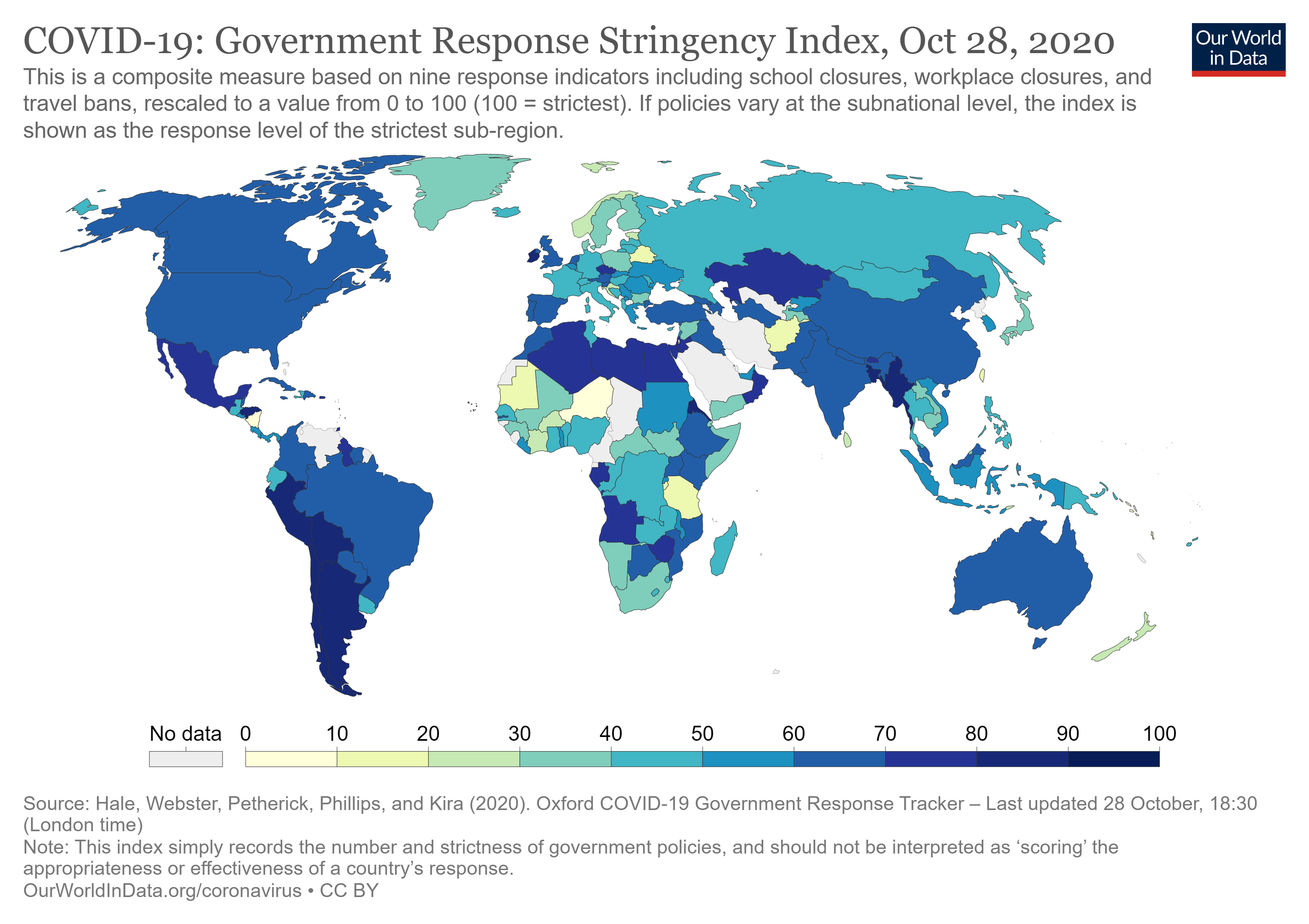Commissioners Sam Brownback (R-KS) and Chris Smith (NJ-04) expressed their displeasure with Romania’s ban on adoption. Romania’s international adoption ban had prevented over 200 Americans from taking adopting children from the Eastern European country, regardless of the prospective adoptive parents’ qualifications. The law that enabled this ban came after the Romanians consented to ban inter-country adoptions in exchange for acquiring membership in the European Union.






